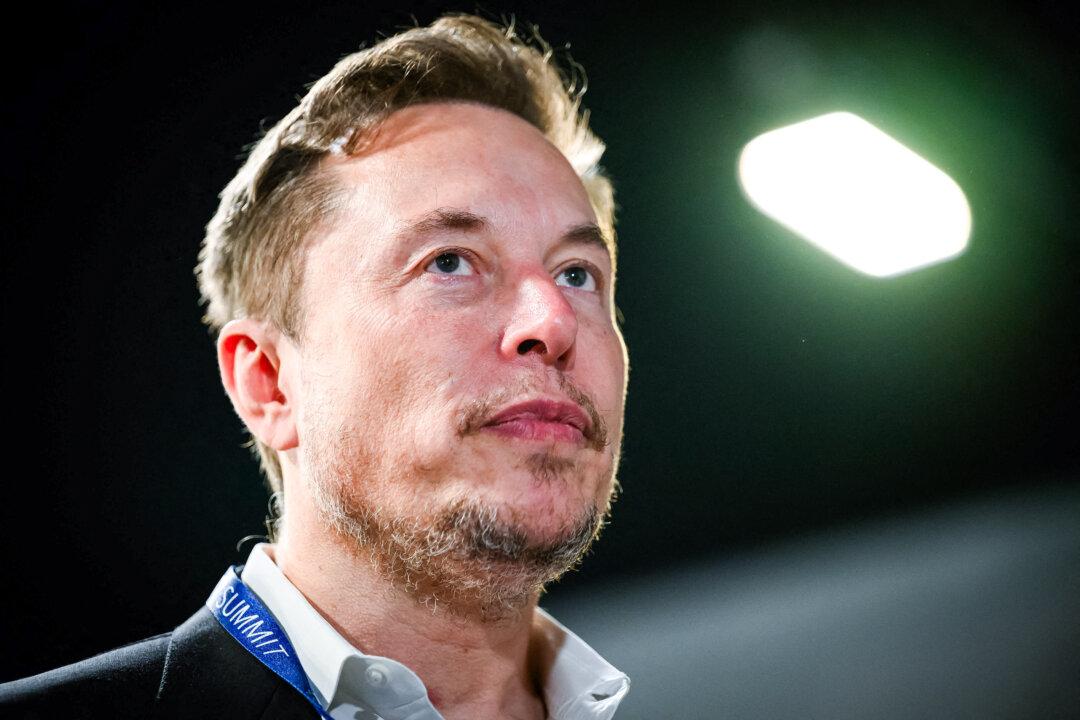Tesla CEO Elon Musk has decided to withdraw his lawsuit against OpenAI and its co-founders Sam Altman and Greg Brockman following months of legal battle.
His lawyers filed a motion in a Superior Court of California on Tuesday seeking to dismiss the lawsuit without prejudice, though they did not provide any reasons for the decision, according to the court filing.





